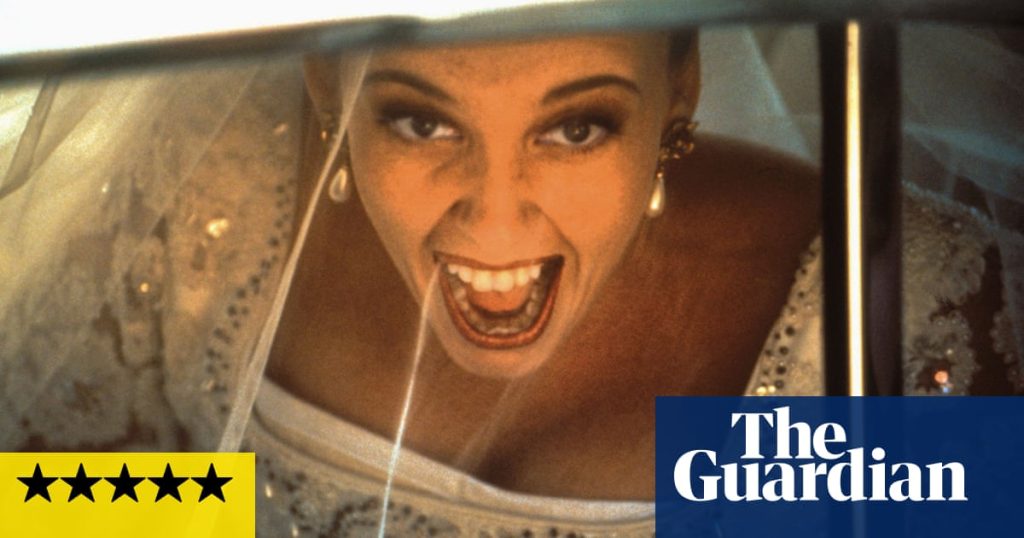Muriel’s Wedding: A Timeless Classic Revived by Toni Collette’s Brilliance
When PJ Hogan released Muriel’s Wedding in 1994, he may not have realized the cultural phenomenon he had unleashed. This charming film did more than just win hearts—it sparked a revitalization of Abba‘s music, catapulting the legendary band from the background to the forefront of pop culture. As a movie that celebrated not only friendship and ambition but also the power of music, it became a cornerstone in the history of feel-good cinema.
Toni Collette: A Star is Born
At the heart of Muriel’s Wedding is Toni Collette, delivering an outstanding performance as the titular character. Collette embodies Muriel, a socially awkward young woman navigating the tumultuous waters of adolescence in the fictional Australian town of Porpoise Spit. Muriel’s longing for acceptance—and her obsession with wedding fantasies—makes her a relatable character for anyone who has ever felt out of place.
While previously, fans might have seen Abba enthusiasts as the butt of a joke, this film flips the script. When Muriel famously declares, "I haven’t listened to one Abba song. That’s because now my life’s as good as an Abba song," it symbolizes her transformation from an awkward misfit to a confident woman. This pivotal moment perfectly encapsulates the film’s essence: it celebrates the joy and liberation music can bring without becoming ensnared by it.
The Journey of Muriel
Muriel’s story begins with a classic trope: the bullied outsider. In her home life, she faces neglect and cruelty. Her father, a derelict politician and a scheming property dealer, and a mother wallowing in her own despair, leave Muriel feeling isolated and lost. However, her dreams of love and happiness ignite a spark of defiance in her.
Upon relocating to Sydney with her fiercely independent friend Rhonda, played by the fabulous Rachel Griffiths, Muriel attempts to rewrite her narrative. Their karaoke duet of “Waterloo,” decked out in brilliant pastiche outfits, transcends mere performance. It captures a moment of empowerment, demonstrating how Abba’s music acts as a catalyst for female friendship and solidarity.
More Than Just a Jukebox Musical
Unlike many jukebox musicals that followed, Muriel’s Wedding does not drown in Abba’s tunes. Instead, it uses their music to illustrate genuine emotions and pivotal moments in a way that feels organic and heartfelt. The film thrives with layers of complexity—juxtaposing bursts of joyous celebration against the backdrop of poignant realism.
In a refreshing twist, Muriel’s Wedding also features strong representation. The realistic portrayal of a wheelchair user adds depth without veering into clichés, proving that the film does more than just express joy; it connects deeply with human experiences.
A Legacy that Endures
The cultural impact of Muriel’s Wedding is undebatable. It paved the way for musicals like Mamma Mia! and the Abba Voyage live show, but its richness in storytelling and character development maintains its unique charm. It’s about friendship, resilience, and stepping into one’s own power—all set against the backdrop of catchy pop anthems.
In conclusion, if you haven’t yet experienced the magic of Muriel’s Wedding, now is the perfect time. Toni Collette’s performance continues to resonate, inviting new generations to feel and dream alongside Muriel—a character for the ages.
Catch Muriel’s Wedding in UK cinemas from April 4th and experience the joy, laughter, and heartfelt moments that made it a classic!
For more insights into the transformative power of film and music, consider checking out this article on the legacy of Abba or explore Toni Collette’s impressive career here.






